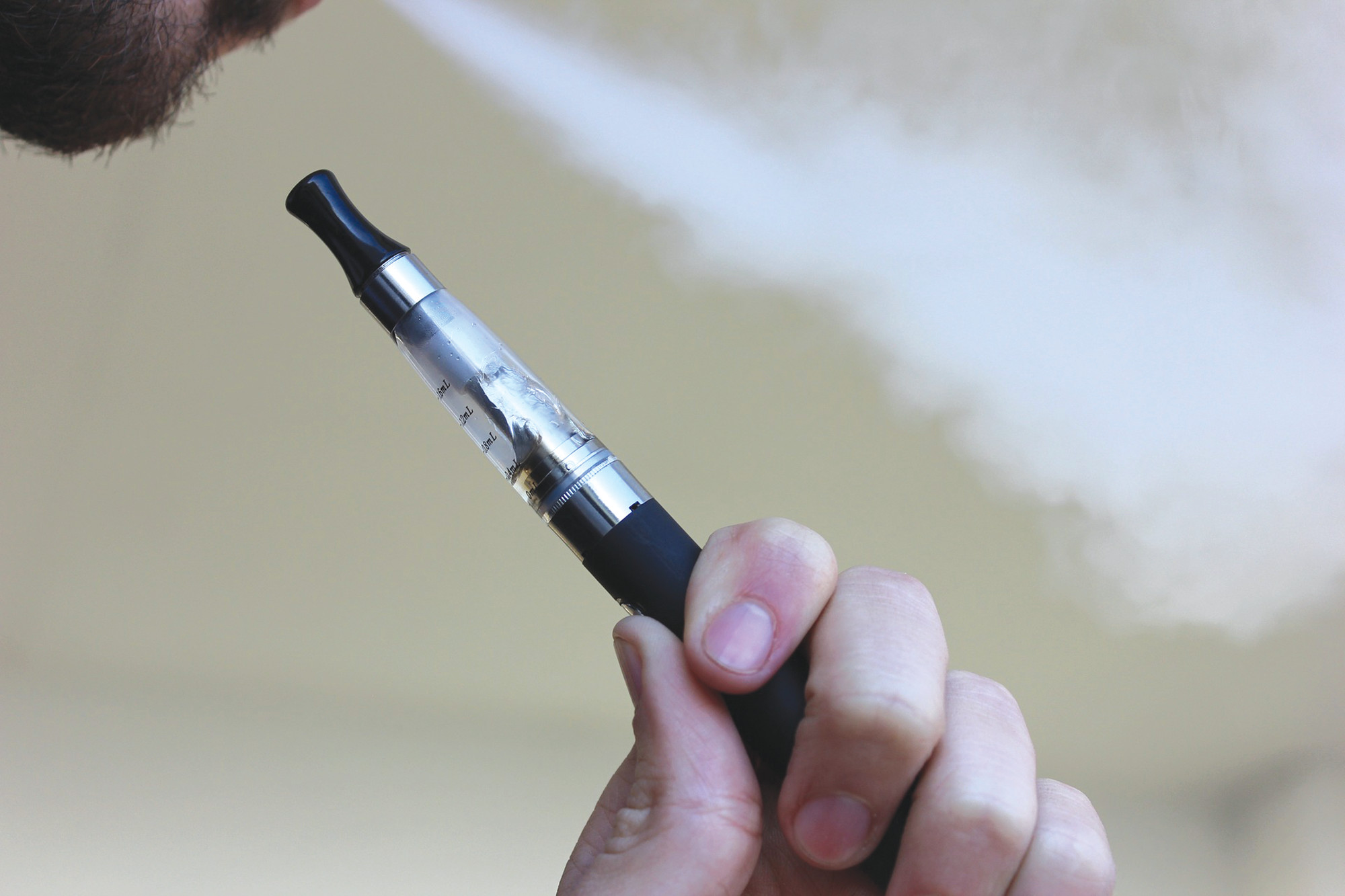Sumter group warns high-tech vaping devices appeal to underage smokers
Prevention specialist, executive assistant Sumter Behavioral Health Services
Electronic cigarettes have quickly evolved from a product that looked like old-fashioned tobacco cigarettes to sleek, new products that are attracting pre-teens and teens to try them. One of the most popular brands of electronic cigarettes is "Juul." Even the term for smoking electronic cigarettes has begun to change from "vaping" to "Juuling." Juul was introduced to the U.S. market in 2015 and comes with cartridges of liquid nicotine in flavors such as mango and fruit medley. Each cartridge contains as much nicotine as an entire pack of cigarettes. Because this product is not required to have a label identifying that it contains nicotine until August 2018, many teens and their parents are not aware that it contains very high levels of the drug.
Health and medical groups are urging the FDA to prevent the company, Juul Labs, from selling flavored cartridges, which intentionally appeal to the younger, under-age 18, market. The sale of Juuls have dramatically increased and today make up more than half of the market of electronic cigarette products.
"Juul is putting kids at risk of nicotine addiction and threatens to undermine decades of progress in reducing youth tobacco use," several prominent health groups wrote to the FDA. "The FDA is responsible for regulating tobacco products, including e-cigarettes, and it is unacceptable that the FDA has yet to take action to address the skyrocketing youth use of Juul."
The health groups include six leading public health and medical organizations who have urged the U.S. Food and Drug Administration to take strong and immediate action to address the dramatic rise in teen use of Juul electronic cigarettes. The health groups include the American Academy of Pediatrics, American Cancer Society Cancer Action Network, American Heart Association, American Lung Association, The Campaign for Tobacco-Free Kids and the Truth Initiative.
Because Juuls are sleek, high tech and slim, they are easily hidden in the palm of the hand and look like a flash drive. Juuls can be charged in the USB port of a computer. Teenagers are able to easily hide them and bring them onto school campuses where they are often smoked in bathrooms and other places on school grounds. The 2016 Surgeon General's report concluded that youth use of nicotine in any form, including e-cigarettes, is unsafe, can cause addiction and can harm the developing adolescent brain. The use of e-cigarettes increases the likelihood that youth will start using regular cigarettes.
Additionally, an in-depth review of more than 800 studies on a wide variety of e-cigarettes published by the National Academies of Sciences, Engineering and Medicine in January 2018 determined that most e-cigarette products contain and emit a variety of potentially toxic substances, such as aldehydes and toxic metals including lead, cadmium and beryllium. At least 15 of the studies reviewed by the National Academies of Sciences, Engineering and Medicine showed that when teens and young adults use e-cigarettes, they are more likely to try regular tobacco products within a year.
Michele Moses, a prevention specialist with Sumter Behavioral Health Services, said, "In talking with kids in our community, I've been amazed at how many are familiar with vaping and Juuling, even some of the younger children who see their parents doing it. Most kids just think of it as a cool new trend and don't realize the potential danger."
For more information or for help with alcohol or other drug issues, call Sumter Behavioral Health Services at (803) 775-5080.
More Articles to Read

